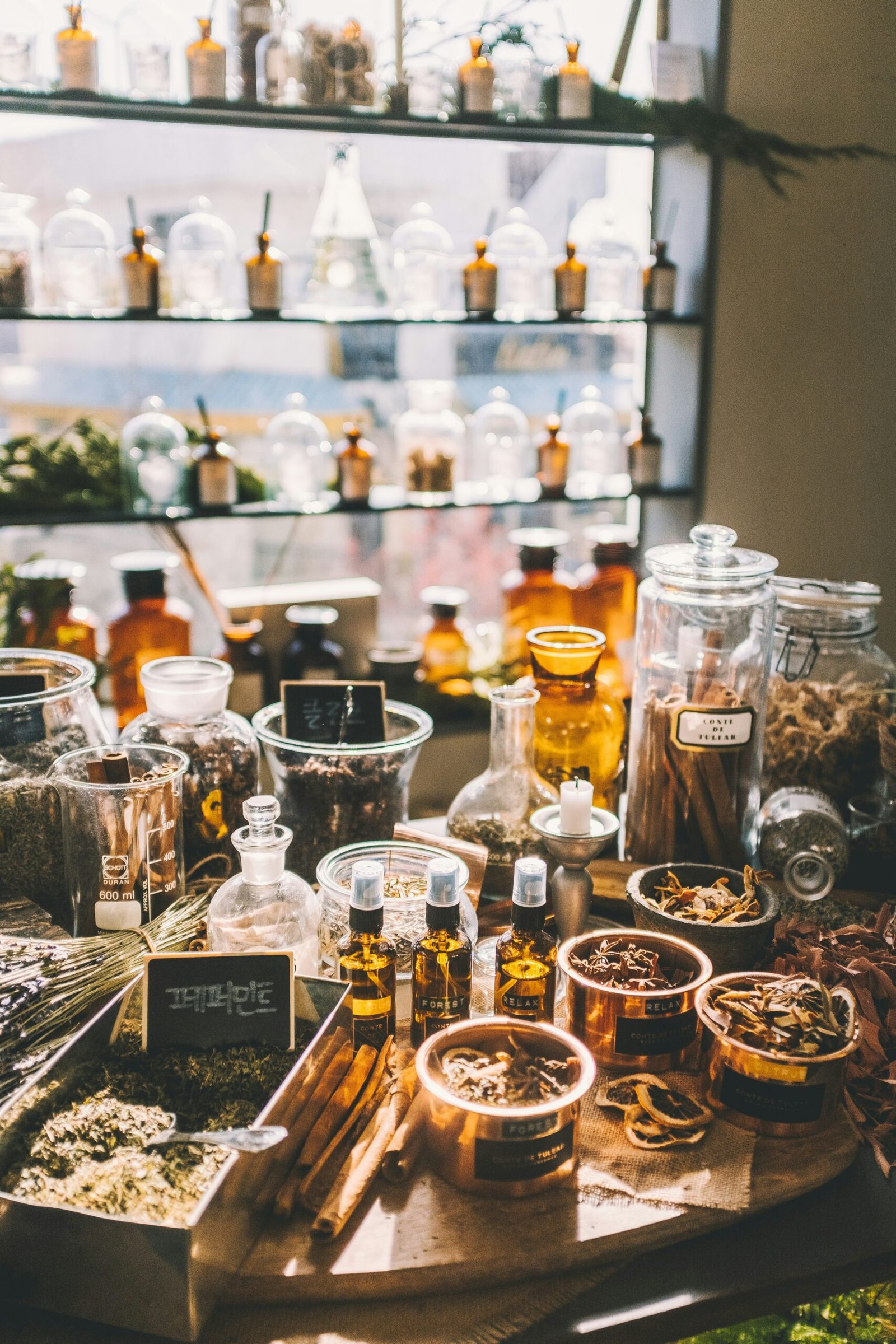The Divine Connection: Understanding the Role of Herbs in Our Lives
Throughout history, humanity has forged an intimate relationship with the earth’s herbs, perceiving them not just as natural products, but as sophisticated gifts bestowed by a higher power. Various cultures across the globe have long recognized the spiritual significance of these botanical offerings, asserting that they hold the key to physical, mental, and spiritual well-being. From ancient civilizations that revered herbs as sacred to modern societies integrating them into holistic health practices, the reverence for plants is profound.
The historical context of herbal usage reveals an intricate tapestry of reliance on these natural resources for medicinal purposes. Records indicate that civilizations such as the Egyptians, Greeks, and Chinese utilized herbs extensively, integrating them into their healing paradigms. For instance, the use of garlic to enhance health and as an antimicrobial agent has roots in both ancient Egyptian medicine and contemporary practices. Such herbs serve as testament to the enduring belief in their healing powers and their role in enhancing the vitality of human life.
Moreover, scientific studies underscore the medicinal properties of various herbs. Research has demonstrated that many herbs possess phytochemicals, which contribute to their life-sustaining qualities. For example, ashwagandha is celebrated not only for its adaptogenic properties but also for its impact on reducing stress and anxiety. Herbs like echinacea and elderberry have garnered attention for their effectiveness in boosting the immune system, supporting the notion that these natural substances can harmonize with our bodies’ innate functions.
Furthermore, the holistic benefits of herbs extend beyond individual wellness. They play an essential role in various ecosystems, fostering biodiversity and supporting wildlife. The symbiotic relationship between plants and animals exemplifies the interconnectedness of life on Earth. As humans recognize and harness the therapeutic attributes of herbs, they not only nurture their own health but also contribute to the health of the planet. The dialogue between humanity and herbs continues to remind us of the sacred bond shared with nature—one that is just as crucial today as it was centuries ago.
Nature’s Pharmacy: Utilizing Herbs for Health and Harmony
Herbs have long been revered for their health-promoting properties, serving as nature’s pharmacy for countless cultures across the globe. Utilizing herbs for health and harmony can take various forms, from herbal remedies and dietary changes to sustainable practices in cultivation and harvesting. Understanding how to incorporate these powerful plants into daily life can lead not only to improved well-being but also to a more profound connection with the natural world.
One popular way to harness the benefits of herbs is through herbal remedies. These can come in various forms such as teas, tinctures, and essential oils. Teas made from chamomile, peppermint, or ginger can aid digestion, promote relaxation, and alleviate common ailments. For those seeking strength in their immune system, herbs like echinacea and elderberry are frequently recommended. It is essential, however, to consult with a healthcare professional before beginning any herbal treatments, particularly for individuals on medication or those with pre-existing health conditions.
In addition to remedies, dietary inclusions of herbs can also enhance health. Incorporating fresh herbs like basil, parsley, and cilantro can add not only flavor but significant nutritional value to meals. These herbs contain antioxidants and other essential nutrients that contribute to a balanced diet. Furthermore, the use of herbs can encourage mindful eating practices, as they often promote the use of whole, unprocessed ingredients.
Sustainable practices are crucial for ensuring the availability of herbs for future generations. Harvesting wild plants responsibly and cultivating them at home can foster a more sustainable relationship with nature. Community gardens and local herb-growing initiatives are excellent ways to engage with fellow enthusiasts while supporting the environment. By sharing knowledge, individuals can learn effective methods for growing herbs organically, minimizing their ecological footprint.
By embracing the practicality of herbs and integrating them into daily routines, individuals can foster a healthier relationship with their surroundings. In doing so, they not only contribute to their well-being but also advocate for conservation and sustainability, preserving these valuable resources for future generations.
